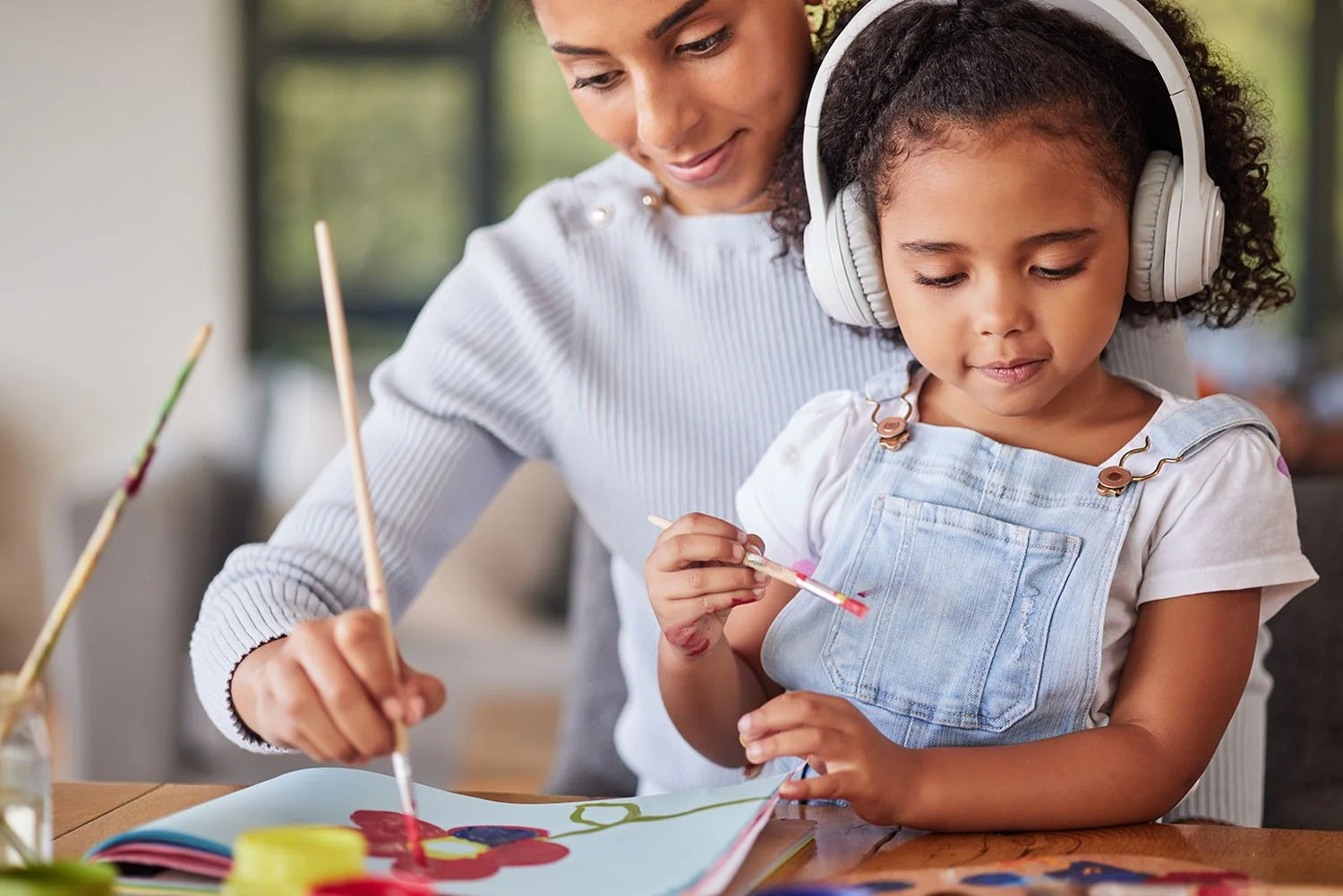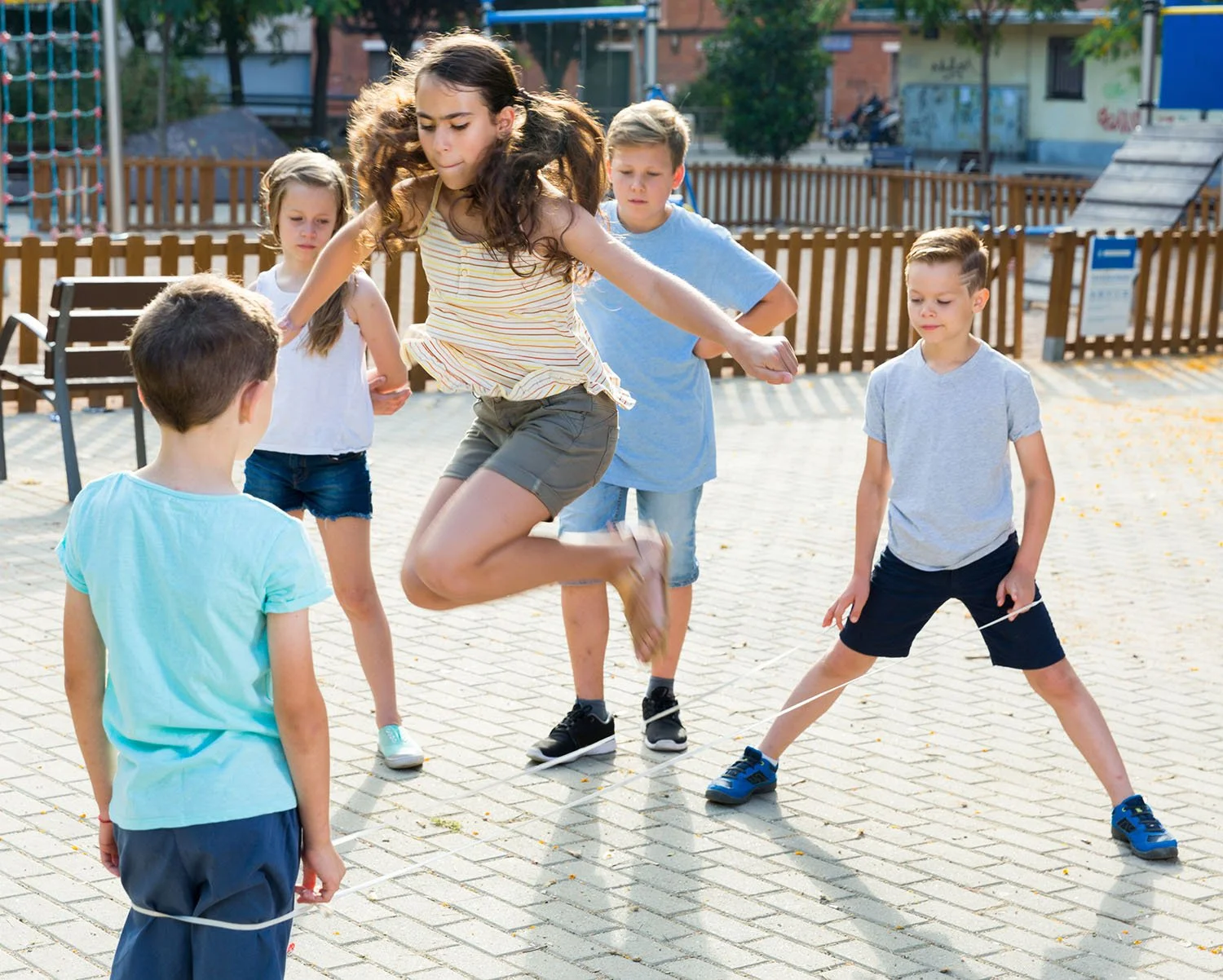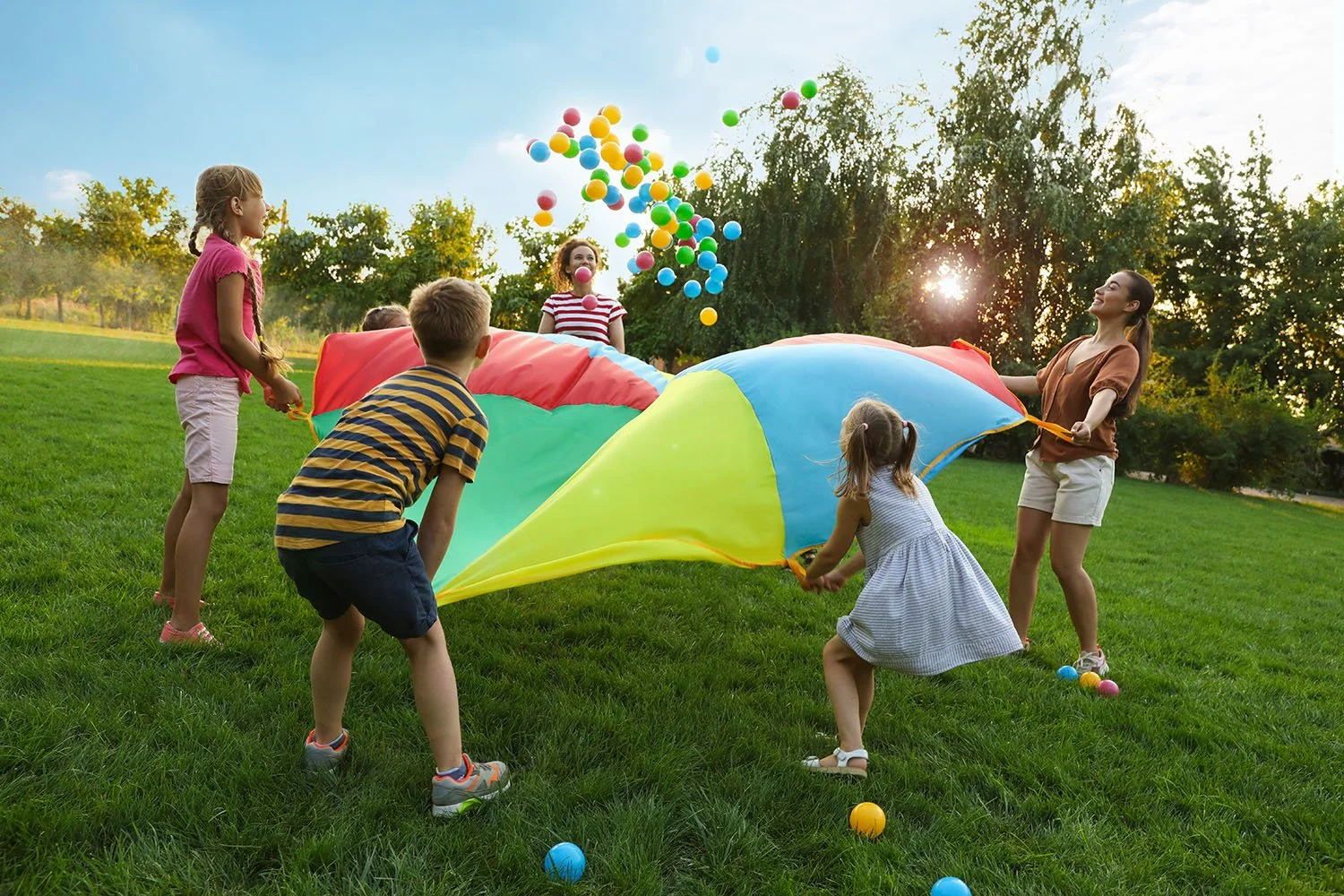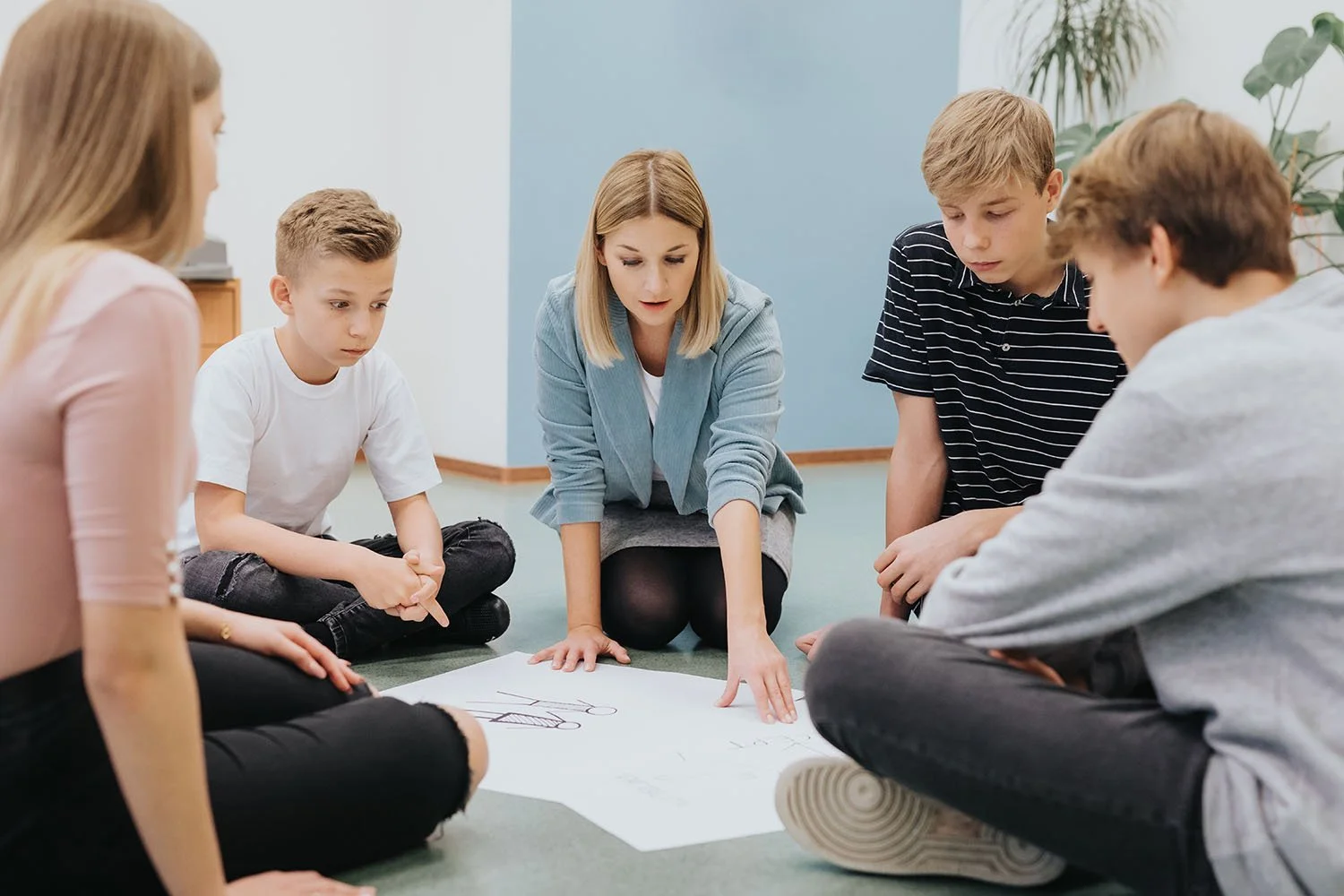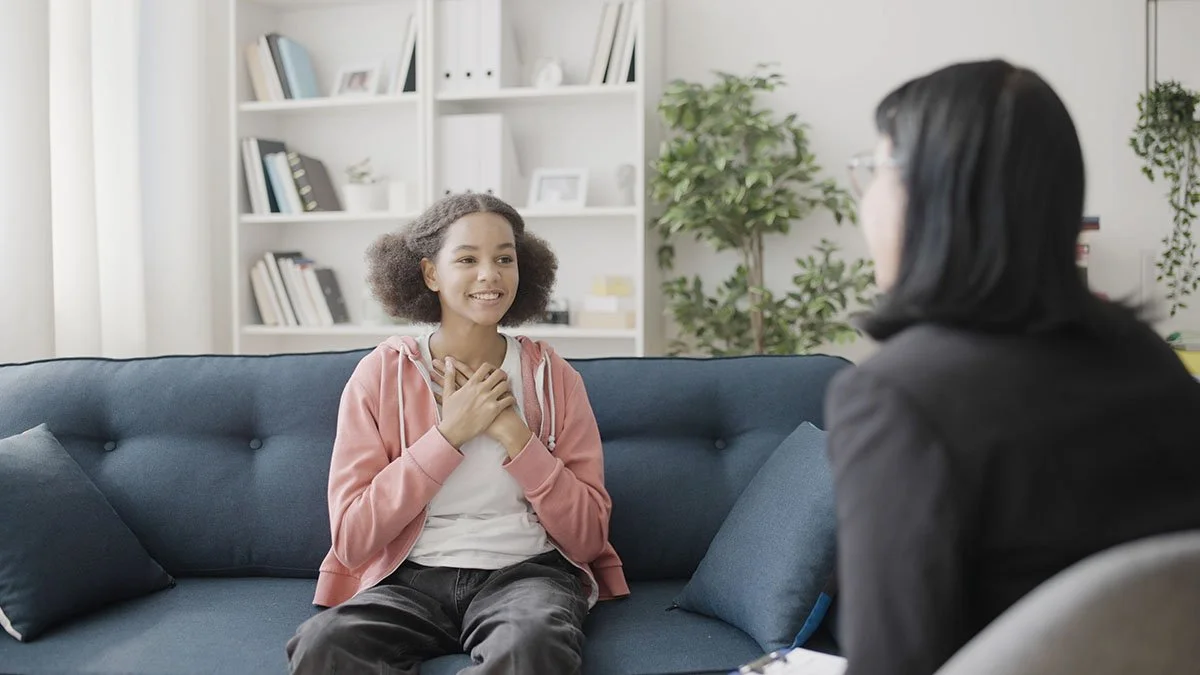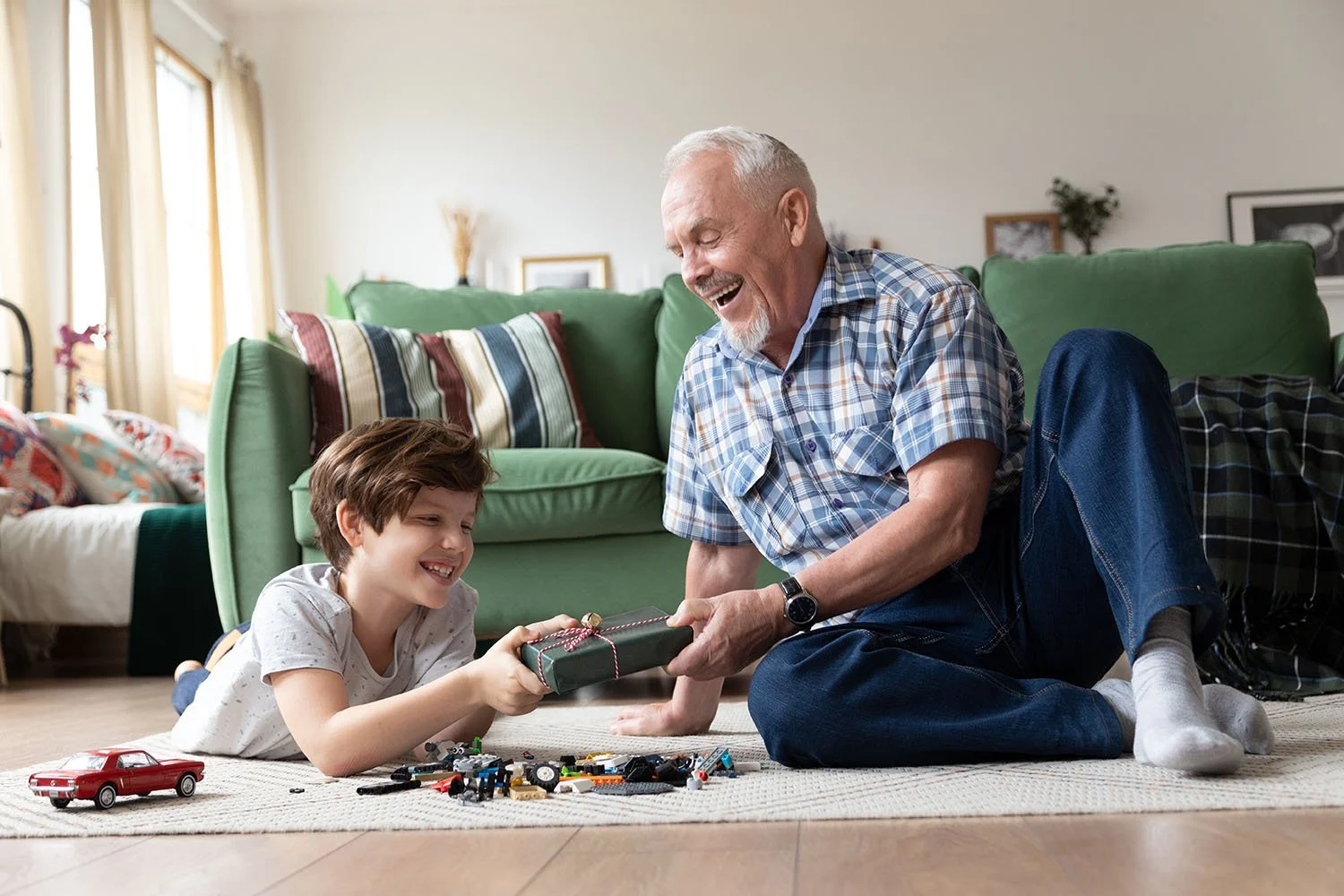Our Services
Who we help
Academic Difficulties
Dyslexia
Poor reading
Poor writing
Poor working memory
Poor mathematics
Slow processing
Underachievement (relative to ability)
Difficulty conceptualising/ mental imagery
Translating thoughts into words on paper
Poor motor sequencing
Emotional Difficulties
Anxiety
Mood swings
Low self-esteem
Dislike of change
Poor sleep
Over-sensitivity
Depression
Attachment and separation issues
Stress
Elective mutism
Phobias
Tics
Behavioural Difficulties
Hyperactivity
Temper tantrums
Anger
Aggression
Social difficulties
Bedwetting
Withdrawn, timid behaviour
Difficulty relating to peers/ making friends
Poor impulse control
Attention Difficulties
ADHD
ADD
Easily distracted
Hypersensitive hearing
Coordination Difficulties
Clumsy
Poor balance
Poor coordination
Dyspraxia
Poor posture
Walking on toes
Poor spatial awareness
Speech and Language Difficulties
Hesitant speech
Pronunciation difficulty
Auditory processing disorder
Our Approach
Astrolabe Therapy specialises in Neuro-Developmental Therapy (NDT) and uses the INPP Method which identifies and treats physical factors that underlie specific learning difficulties, under achievement, and behavioural problems. The method is based on 50 years of pioneering research, expertise, and practice. Research indicates that a high percentage of underachieving children have Neuro Motor Immaturity (NMI). INPP identifies NMI as the ‘continued presence of a cluster of primitive reflexes above the age of one year and the absence or underdevelopment of postural reflexes above the age of three and half years. The presence or absence of primitive and/ or the absence or under-development of postural reflexes at key stages in development provide reliable indicators of central nervous system maturity.
How does Neuro-Developmental Therapy (NDT) work?
Following a detailed diagnostic assessment, your child will be given an individual programme of exercises to be carried out for just 5 -10 minutes per day under adult supervision. The programme follows a developmental chronological order which is based on the natural movements a child makes during the first year(s) of life, carried out in a slow and controlled manner. It is designed to allow the body-brain the opportunity to rebuild the developmental foundation necessary for neuromotor development-building the brain from the bottom up helping form the groundwork for automatic, voluntary movements as the child gets older. This helps children overcome difficulties associated with reading, writing, dyslexia, poor coordination, behaviour problems, sports performance and more. Additionally, it helps adults with anxiety. This programme is suitable for anyone aged 7 and above.





